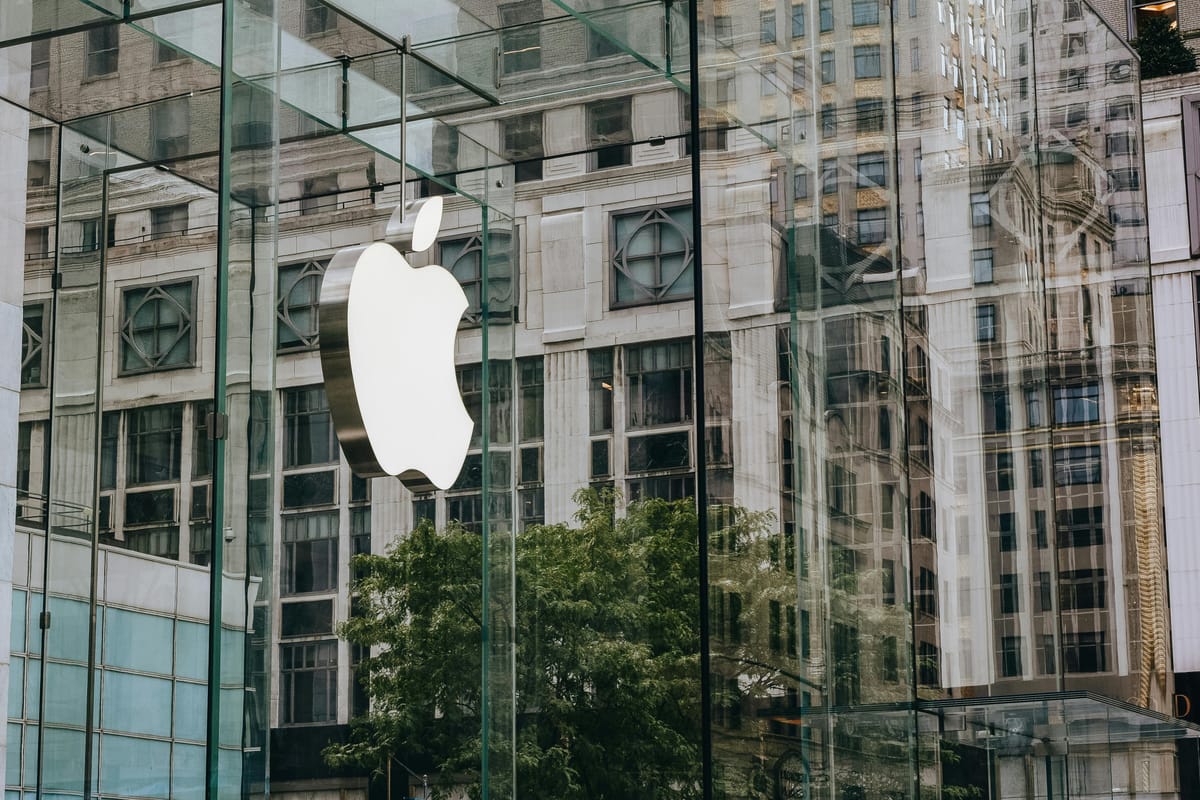Apple Executives Double Down on AI Strategy Amid Growing Competition
Apple's leadership team has taken center stage to defend the company's artificial intelligence approach, as critics question whether the tech giant is falling behind in the rapidly evolving AI landscape. With competitors like Google, Microsoft, and OpenAI making headlines with their generative AI breakthroughs, Apple executives are making their case for a more measured, privacy-focused AI strategy.
A Different Approach to AI Innovation
Unlike rivals who have rushed to release chatbots and generative AI tools to consumers, Apple has maintained its characteristic deliberate pace. CEO Tim Cook and other executives argue that this methodical approach ensures better integration with Apple's ecosystem while maintaining the company's commitment to user privacy.
"We're not interested in being first to market with AI features that compromise our users' privacy or don't meet our quality standards," Cook recently stated during a quarterly earnings call. This philosophy reflects Apple's broader strategy of perfecting technology before widespread deployment.
The company has quietly been building AI capabilities across its product line for years. From the neural engine in its chips to machine learning improvements in photography and Siri, Apple contends that AI has been deeply integrated into its products long before the current AI boom began.
Privacy-First AI Development
Apple's executives consistently emphasize privacy as their key differentiator in the AI space. While competitors process user data in the cloud to power their AI models, Apple is investing heavily in on-device processing capabilities.
The company's approach centers on federated learning and differential privacy techniques, which allow AI models to improve without compromising individual user data. This strategy addresses growing consumer concerns about data privacy while potentially limiting the capabilities of Apple's AI compared to cloud-based alternatives.
Senior Vice President of Software Engineering Craig Federighi has been particularly vocal about this approach, arguing that "true AI innovation happens when users trust that their personal information remains personal."
Siri's Evolution and Future Plans
Critics have long pointed to Siri as evidence of Apple's AI struggles, particularly when compared to more conversational AI assistants. Apple executives acknowledge these limitations while outlining plans for significant improvements.
The company has been rebuilding Siri's underlying architecture to support more natural conversations and better contextual understanding. Recent job postings and patent filings suggest Apple is developing its own large language model to power next-generation Siri capabilities.
Apple's approach focuses on practical, everyday use cases rather than the broad conversational abilities showcased by ChatGPT and similar platforms. The company believes this targeted approach will ultimately prove more valuable to users than general-purpose AI chatbots.
Investment in AI Infrastructure
Behind the scenes, Apple has been making substantial investments in AI infrastructure and talent. The company has acquired numerous AI startups and hired researchers from leading institutions and competitors.
Recent acquisitions include AI companies specializing in computer vision, natural language processing, and machine learning optimization. These investments signal Apple's commitment to developing cutting-edge AI capabilities, even if they're not immediately visible to consumers.
The company's custom silicon strategy also supports its AI ambitions. The M-series chips and neural engines in iPhones and iPads provide the computational power needed for sophisticated on-device AI processing, reducing reliance on cloud services.
Market Response and Competitive Pressure
Investors and analysts have expressed mixed reactions to Apple's AI strategy. While some appreciate the company's privacy-focused approach, others worry about falling behind in a rapidly moving market.
Apple's stock performance has reflected this uncertainty, with the company's shares underperforming compared to AI-focused competitors like NVIDIA and Microsoft. This market pressure has intensified calls for Apple to demonstrate more visible AI progress.
The company faces particular challenges in maintaining its premium pricing while competitors offer advanced AI features. Apple executives argue that their integrated approach will ultimately provide superior user experiences, but they must deliver on these promises to maintain market confidence.
Looking Ahead: Apple's AI Future
Apple's executive team remains confident in their long-term AI strategy, despite short-term criticism. The company's focus on privacy, quality, and integration may prove prescient as AI regulation increases and consumers become more privacy-conscious.
The true test of Apple's AI strategy will come in the next 12-18 months, as the company begins releasing more visible AI features. Whether this measured approach can compete with the rapid innovation of rivals remains to be seen, but Apple's track record of successful product evolution suggests patience may be warranted.
For now, Apple executives are betting that their privacy-first, quality-focused approach to AI will ultimately resonate with consumers who value trust and reliability over cutting-edge features. Only time will tell if this strategy can maintain Apple's position as a technology leader in the AI era.
